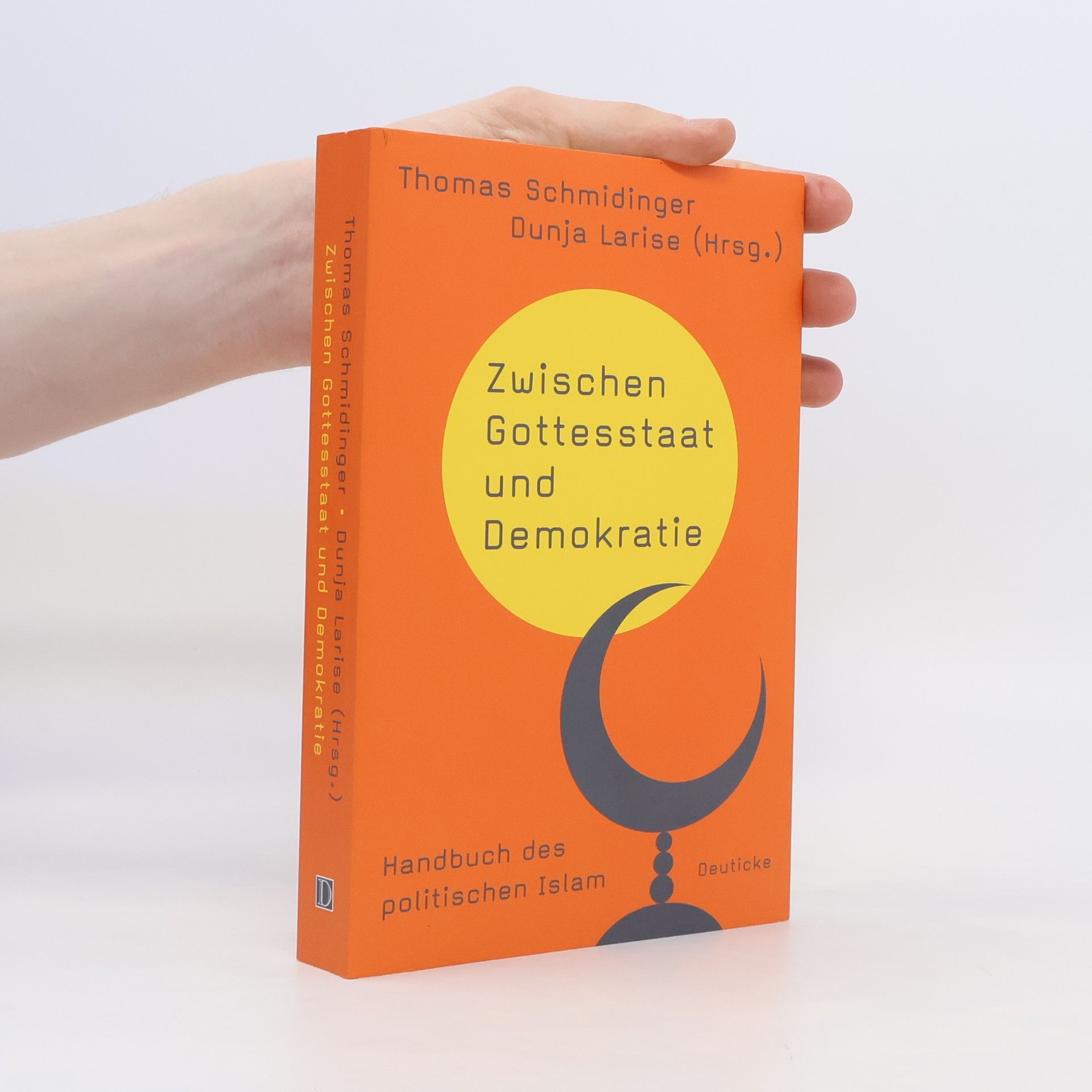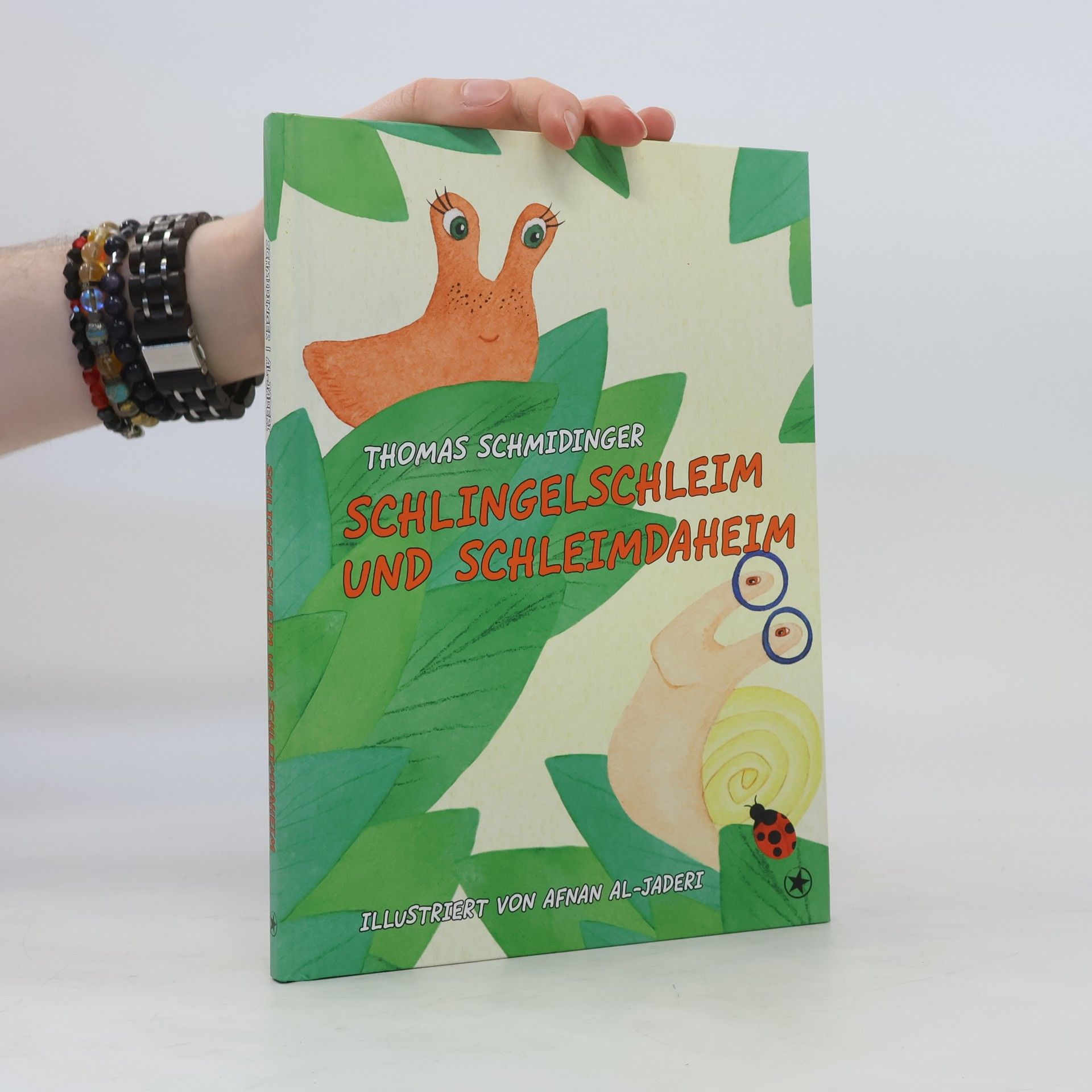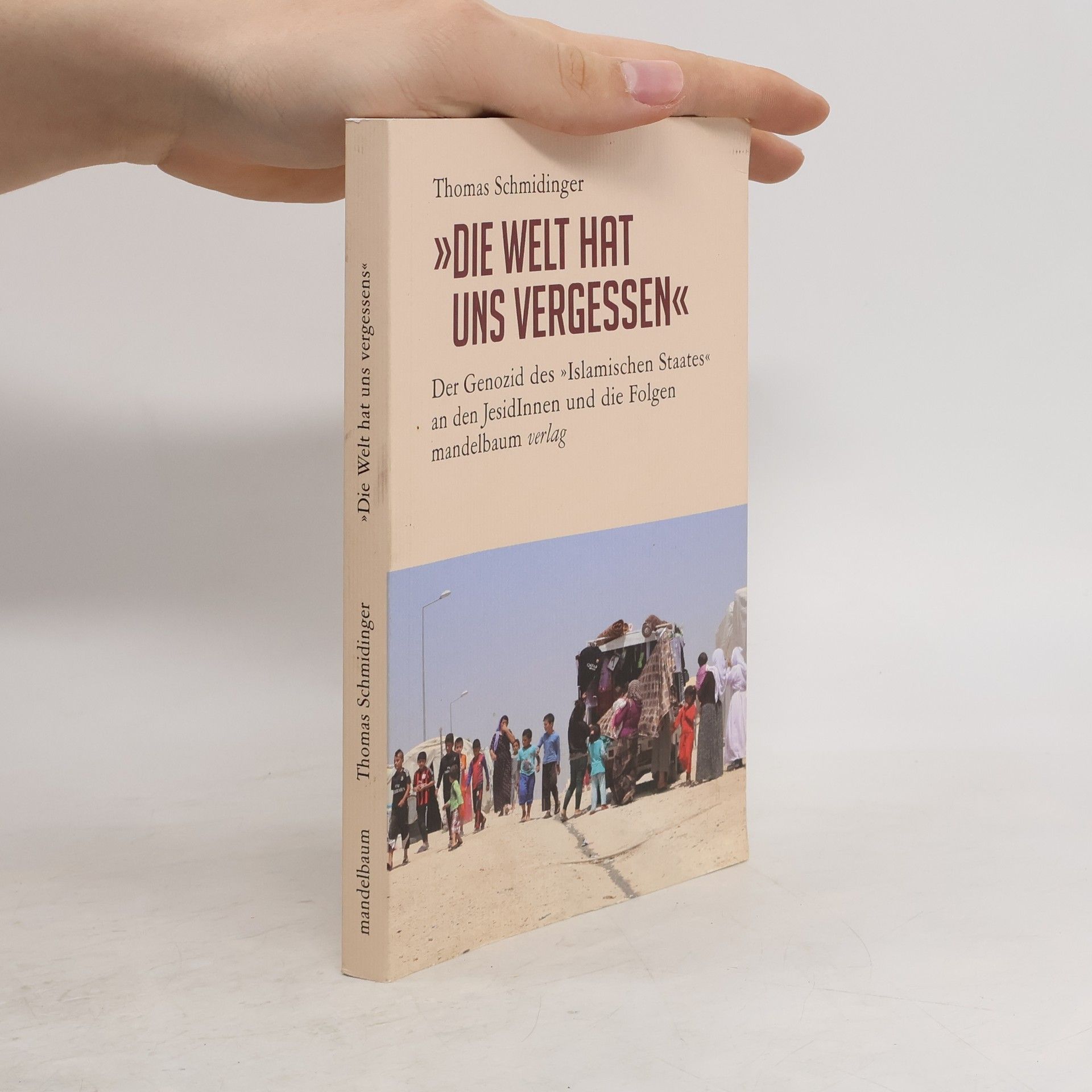Yezidi survivors speak out in this important history of persecution and genocide
Thomas Schmidinger Boeken






Beyond ISIS: History and Future of Religious Minorities in Iraq
- 245bladzijden
- 9 uur lezen
This book shares papers from a conference taking a deeper look at the victims of ISIS and beyond that all religious minorities of Iraq. This is the first book that considers all the religious minorities that existed in modern Iraq, including both historic communities and new groups that recently came with labour migration, especially to the Autonomous Region of Kurdistan. The book resulted from a conference in 2018 organized exactly at the site of the Simele Massacre in 1933. The campus of the American University of Kurdistan is located on the site of the first big massacre against a religious minority in Iraq. The conference entitled ‘Beyond ISIS: Minorities and Religious Diversity in Iraq and the Future of Êzîdî, Christians, Shabak, Yarsan, Mandeans and other Religious Minorities in the Middle East’ brought together Iraqi and international scholars, activists, and religious and community representatives. This book contains papers presented at the conference that included contributions on Iraq’s religious diversity and the historical and contemporary consequences of genocide and persecution on the religious minorities of Iraq.
The Autonomous Administration of North and East Syria: Between A Rock and A Hard Place
- 217bladzijden
- 8 uur lezen
This book is based on papers presented at the conference. However, it is not a typical publication of academic conference proceedings because the topics are not completely congruent with those of the conference. Some lectures that could not be held due to travel restrictions related to the coronavirus pandemic were submitted as book contributions. In addition, I also wrote a short contribution on the Jewish history of the region, which has been often neglected in previous presentations of the region. The various authors for this volume have been intensively involved with the region in recent years. However, the authors do not only focus on the situation on the ground, but also on the international context of the autonomous administration. The conflict in Syria is no longer just a civil war, but a transnational conflict with important roles played not only by actors such as Russia or the USA, but also Turkey or Iran. Given the transnationality of the conflict and the role of the hegemonic powers, these authors share thoughtful analyses from very different perspectives. It is important to share these diverse views with the world so that the tragic conflict might become more comprehensible. This does not mean, however, that I necessarily advocate each particular position taken by the varied contributors to this book. The intent is to offer you multiple perspectives and certainly not a common narrative.
Zwischen Gottesstaat und Demokratie
- 318bladzijden
- 12 uur lezen
Fundamentalismus, Selbstmordattentäter, Hassprediger, Dschihad - Begriffe wie diese beherrschen die Reden wahlkämpfender Politiker wie die alltäglichen Diskussionen in den Medien. Zwischen religiösen Überzeugungen, politischen Absichten und politisch motivierter Gewalt wird oft nicht differenziert. Dieses Buch schafft Klarheit und liefert Antworten auf die wichtigsten Fragen: Wie weit ist der Islam als Religion zu verstehen, und wo beginnt er sich als Politik zu begreifen? Welche Bewegungen und Gruppierung brechen mit dem überkonfessionellen Staat? Basierend auf einer ausführlichen Darstellung historischer Entwicklungen bietet dieses Handbuch einen fundierten Überblick über die Strömungen und Vernetzungen des politischen Islam und benennt in einem zweiten praktischen Teil die verschiedenen Parteien und Organisationen, die auch in Österreich und Deutschland aktiv sind, ihre Protagonisten, Strukturen und Ziele.
Die Geschichte der palästinensischen Linken beginnt im britischen Mandatsgebiet und war anfangs mit der jüdischen Linken verbunden. Nach 1948 verschob sich der Fokus auf das Westjordanland, Gaza und die Diaspora. In den 1990ern wandten sich viele gegen den Oslo-Friedensprozess. Thomas Schmidinger beleuchtet diese Entwicklungen und die Bedeutung des Linksseins unter Besatzung.
Sudan
Unvollendete Revolutionen in einem brüchigen Land
Virenregime
Wie die Coronakrise unsere Welt verändert. Befunde, Analyse, Anregungen
Wie die Coronakrise unsere Welt verändert. Befunde, Analysen, Anregungen
»Wenn der Herrgott das Wichtigste auf der Welt ist«
Katholischer Traditionalismus und Extremismus in Österreich
Im Garten der Bäuerin Gertrude spielen sich dramatische Szenen ab, seit sie versucht Enten gegen die Schnecken einzusetzen, die in ihrem Komposthaufen leben. Im letzten Moment wird die Nacktschnecke Luca von einer Häuschenschnecke gerettet und es beginnt eine spannende Liebesgeschichte, in der es um Geschlechtervielfalt, Rassismus und den Umgang mit «Anderen» geht. Erzählt von Thomas Schmidinger und liebevoll illustriert von Afnan Al-Jaderi zum Vorlesen und Selbstlesen für Kinder ab sechs Jahren.
Im August 2014 wurde die Region um den Berg Sinjar (Kurdisch: Şingal) vom so genannten "Islamischen Staat" (IS) überfallen. Die BewohnerInnen der Region, Angehörige der religiösen Minderheit der Êzîdî (JesidInnen), aber auch ChristInnen und SchiitInnen mussten sich auf dem Berg in Sicherheit bringen. Wer nicht fliehen konnte, wurde getötet oder versklavt und vergewaltigt. Während die Weltöffentlichkeit sich heute für das Schicksal der Überlebenden nicht mehr interessiert, leben tausende auch fünf Jahre nach dem Genozid als Vertriebene in Camps, auf dem Berg oder als Flüchtlinge in Europa. Die politischen Konflikte in der Region verhindern eine Rückkehr der vielfach hochgradig traumatisierten Überlebenden. Basierend auf vier Feldforschungen in der für internationale Beobachter kaum zugänglichen Region Sinjar sowie in Flüchtlingslagern im Irak, Syrien, der Türkei und Interviews mit Vertriebenen zeichnet Thomas Schmidinger ein Bild der jüngeren Geschichte dieser Region und lässt die Opfer des IS ebenso zu Wort kommen wie verschiedene politische und militärische Führungspersönlichkeiten in dieser zerrissenen Region


